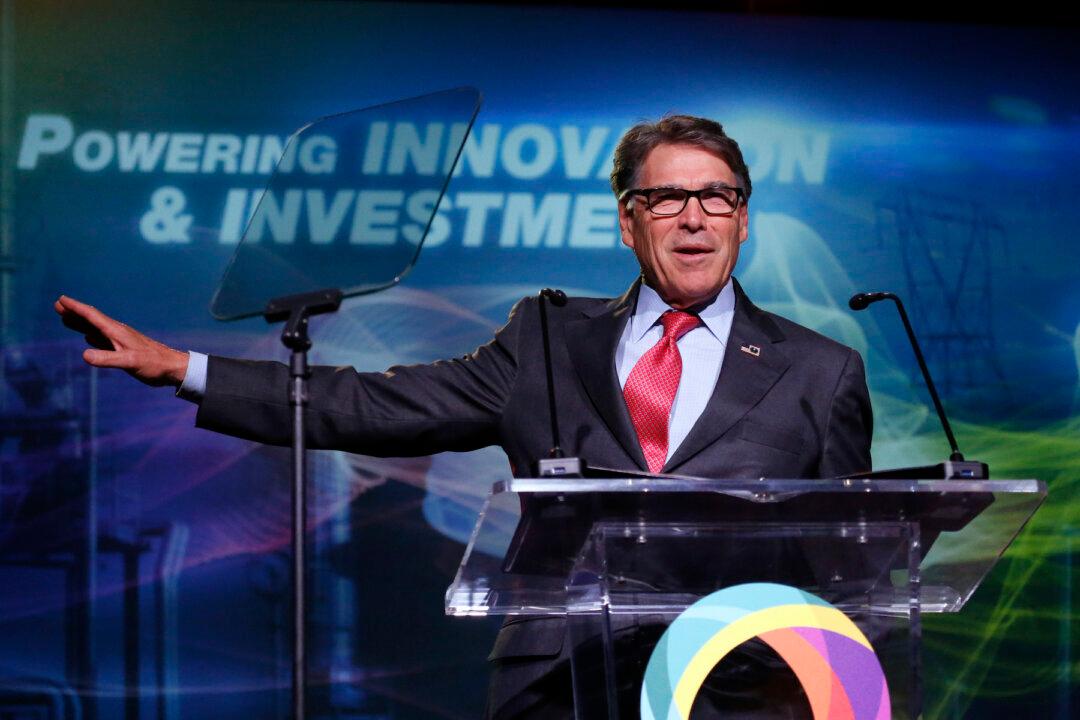Rick Perry, who is resigning from his position as Energy Secretary at the end of the year, will not supply documents that House Democrats have subpoenaed as part of their impeachment inquiry into President Donald Trump.
In a letter to Democratic lawmakers, Assistant Secretary of Energy Melissa F. Burnison pointed out that the House has not formally voted on a resolution to open an impeachment inquiry, and therefore the House had failed to “validly authorize the impeachment inquiry.”




